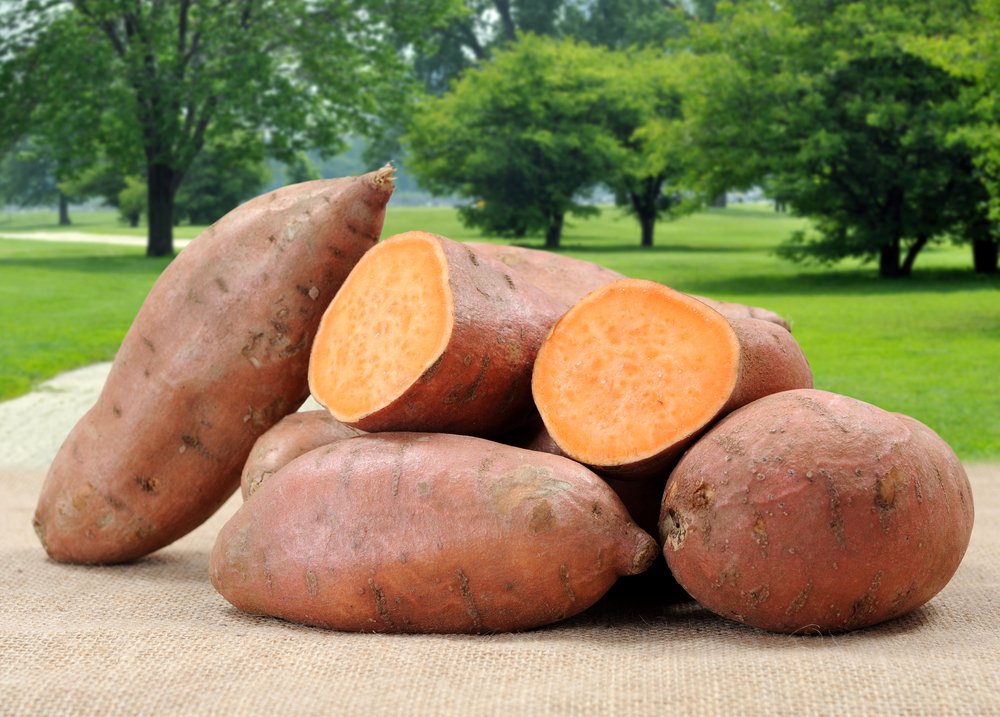Physical Address
304 North Cardinal St.
Dorchester Center, MA 02124
Physical Address
304 North Cardinal St.
Dorchester Center, MA 02124

Have you ever wondered if sweet potatoes are as healthy as they taste? Whether you’re counting carbs, watching your calories, or simply looking for smarter food swaps, sweet potatoes have probably landed on your radar. These earthy, naturally sweet roots aren’t just comfort food, they’re also packed with nutrition. But the big question is: How many calories are actually in a sweet potatoes? And does the cooking method make a difference?
Let’s dive into the world of sweet potato calories, break down the nutrition facts, and explore their role in a healthy, balanced diet.
The calorie count in sweet potatoes can vary depending on size and how they’re cooked. On average:
So, yes—they’re calorie-dense, but in a good way, offering energy and essential nutrients without the empty calories found in processed foods.
Absolutely! Cooking can slightly change the calorie content of sweet potatoes depending on the method:
Adding oil or butter? That’s where the calories spike. A tablespoon of oil can add over 100 calories, especially in sweet potatoes fries or chips.
Is it better to peel or not to peel?
Keeping the skin can aid digestion and keep you feeling full longer, making it a smarter choice for weight loss.
If you’re comparing:
Not a huge difference—but sweet potatoes offer more fiber, vitamin A, and a lower glycemic index, making them a popular pick for diabetics and the health-conscious alike.
Besides calories, let’s look at the sweet potato nutrition breakdown per 100g:
That means sweet potato calories are mostly from carbs, making them an excellent natural source of energy—especially helpful for bodybuilders or those with active lifestyles.
Can sweet potatoes actually help you lose weight? Yes—when eaten right.
Sweet potatoes are a great carb choice for weight loss, especially when boiled, baked, or steamed—just skip the fries and marshmallow toppings!
So, when you’re looking for sweet potatoes calories for weight loss, opt for simple prep and watch portion sizes.
Here’s a quick overview of sweet potato nutrition facts per 100g:
| Nutrient | Amount |
|---|---|
| Calories | ~86 kcal |
| Carbs | ~20g |
| Fiber | ~3g |
| Protein | ~1.6g |
| Fat | ~0.1g |
| Vitamin A | 283% DV |
| Vitamin C | 4% DV |
| Potassium | ~337mg |
Pretty impressive, right? You get a lot of nutrition in a small serving.
If you’re wondering about sweet potato fries or chips, here’s the deal:
These versions are delicious but often deep-fried, making them high in calories and fat. If you’re craving them, try air frying or baking with a light brush of olive oil.
Eating sweet potatoes regularly can benefit your health, thanks to their:
They’re perfect for breakfast, lunch, or dinner, roasted, mashed, or tossed in salads. Know More about what happens if you have multiple times in a week.
Sweet potatoes are more than just a tasty side—they’re a nutrient-dense, calorie-smart addition to any diet. Whether you’re counting calories, looking to fuel your workouts, or trying to lose a few pounds, sweet potatoes offer a natural, wholesome solution.
Join Us to get more knowledge about the healthy diet.